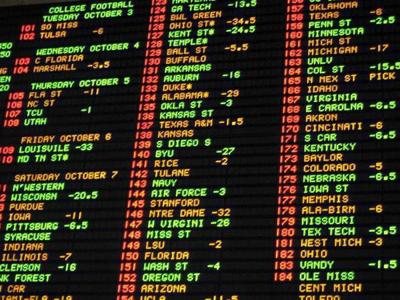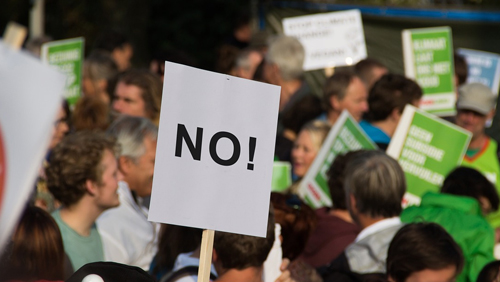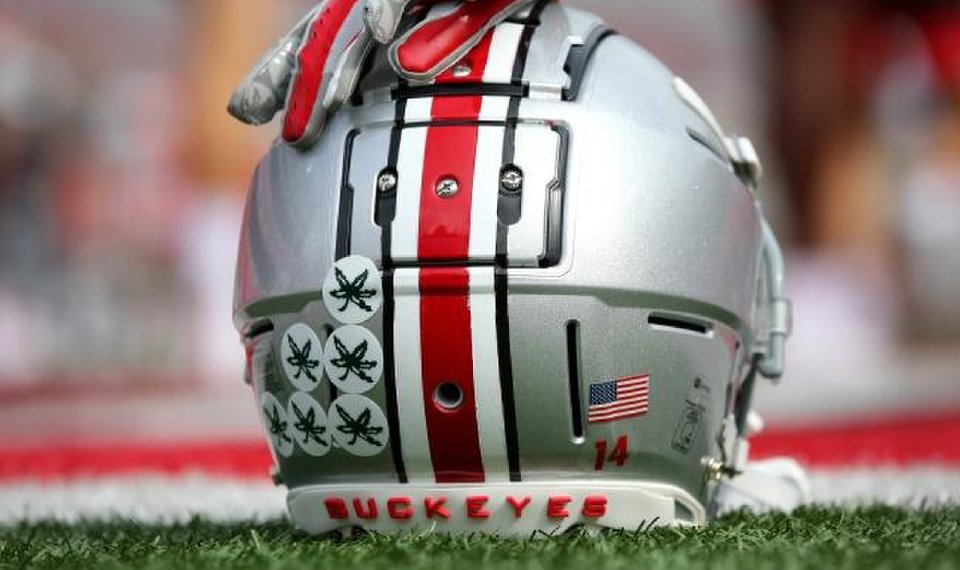College Athletes Gambling

The Big Ten is going to try to have a fall football season after all. Legal sportsbooks in Illinois are still limited in college sports betting, however.
It remains firmly opposed to sports betting. A ban on athletes betting? One of the main reasons the NCAA is so against sports betting is the potential it creates for corruption in its events. There are concerns that because college athletes do not receive payment for playing sports, that they may turn to match-fixing and sports betting to earn. Since colleges seem opposed to paying their athletes with any gambling windfall, I suggest that the states set aside any gambling-related money that might have gone to colleges and give it to youth.
There’s one big reason why you won’t see the University of Illinois or Northwestern football futures at those books on the regulated market. That reason is one sentence in the appropriate state law.
Legal limits on Illinois college sports betting
Sec. 25-25.d of the IL code makes the state’s standard on this matter quite clear. So far, it has been quite noncontroversial despite the growth of the legal sports betting industry in IL.
“A licensee under this Act may not accept a wager for a sports event involving an Illinois collegiate team.”
That applies to all college sports at all levels, not just Football Bowl Division.
So, this winter, you won’t find odds at BetRivers or DraftKings sportsbooks on Bradley University or ChicagoState men’s basketball either.
The motivation behind this restriction is integrity. Proponents of such conditions argued college athletes are more susceptible to match-fixing schemes than their peers in the NBA or NFL.
Illinois isn’t the only jurisdiction to impose a restriction like this. New Jersey, Virginia and Washington, DC, also ban betting on college teams within their borders.
There is a crucial difference between the law in IL and those jurisdictions, however. In those places, sportsbooks can’t accept wagers on any intercollegiate events that take place within their borders, either, regardless of which teams are involved.
Law in IL is less restrictive than some, more than others
For example, an NCAATournament in Atlantic City would be off-limits for NJ sportsbooks, even if the teams in-play don’t belong to a New Jersey school.

On the other hand, Illinois sports betting law allows wagering on intercollegiate sporting events, regardless of venue, as long as no in-state colleges are involved.
College Athletes Gambling Money
So, in the future, when the Big Ten plays conference tournaments in Chicago, for example, FanDuel and PointsBet sportsbooks can take action on all the games that don’t include Illinois and Northwestern. That goes for futures markets as well.
William Hill Sportsbook and competitors will post Big Ten football futures, but the market won’t have Illinois or Northwestern as an option. The same will likely apply to March Madness odds later this year.

College Athletes Gambling
Other states take a less restrictive approach to college sports betting. Iowa only bans prop bets on individual athletes’ performances. Tennessee‘s only restriction is on in-game or livebetting.
More states, like Indiana, do not restrict wagering on college sports at all. That’s also the case in Pennsylvania and WestVirginia, whom both have online sports wagering in progress.
College Athletes Gambling Games
No matter how any in-state college teams fare at their respective sports, you won’t find markets on them at legal sportsbooks. Those books will have action on most other major college sporting events, however.